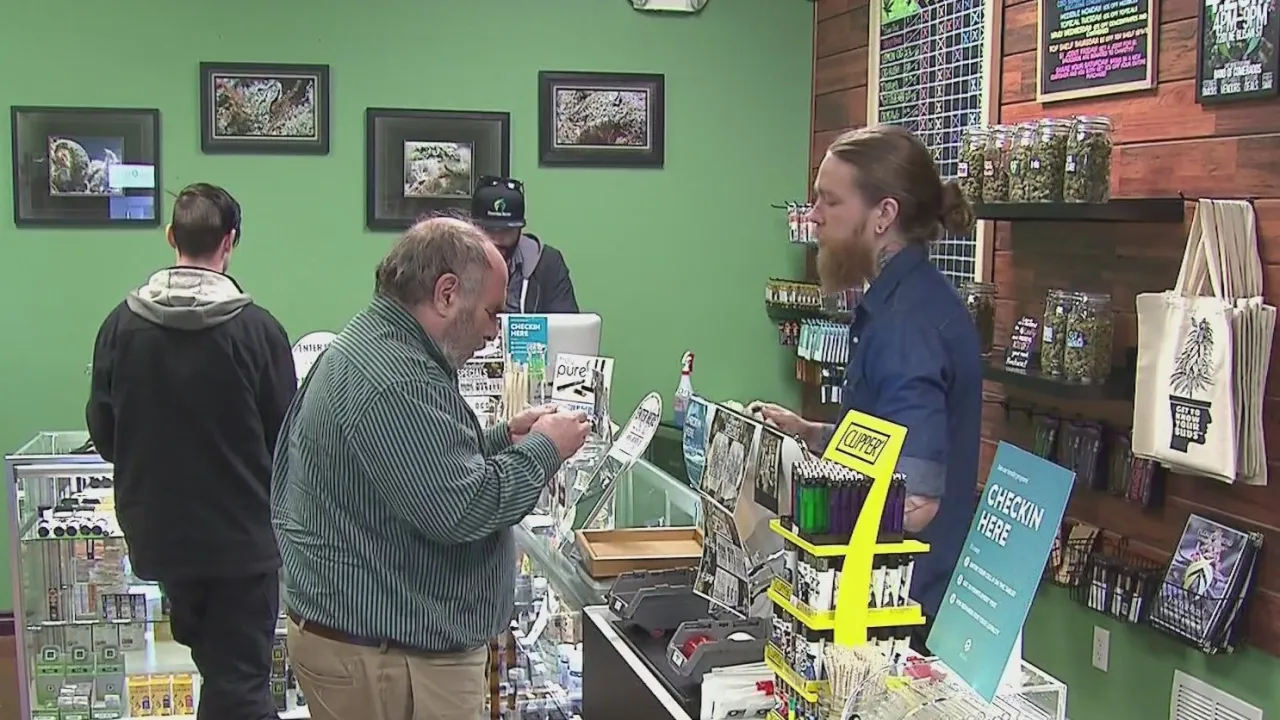Portland, Ore. (KOIN) — City leaders in Portland held a meeting with cannabis business owners on Friday to confront escalating safety issues within the industry. Christina Coursey, the city’s cannabis and liquor program manager, reported that Portland is home to over 350 cannabis businesses facing increasing threats from crime. According to the cannabis and liquor program statistics, Portland accounts for 61.6% of all cannabis-related crimes in Oregon.
From February 2020 to April 2025, the city logged 378 reported cannabis crimes, including vandalism, armed robbery, burglary, sexual assault, battery, and homicide. To assist businesses affected by these crimes, the cannabis program allocated emergency relief funding from recreational cannabis tax revenue during fiscal years 2021-2022 and 2022-2023. However, Coursey noted that with a projected $100 million budget shortfall next fiscal year, continued financial support for businesses is uncertain.
The threats extend beyond dispensaries; producers and wholesalers are increasingly targeted. Coursey mentioned that an organized crime group has been utilizing stolen vehicles to break into facilities. Ryan Nicholson, an owner of Cosmic Treehouse, a wholesale cannabis company, reported that his business was hit by ‘experienced criminals’ who used tools like circular saws during the break-in. ‘Their method is vehicle break-ins, but they were remarkably efficient,’ he stated.
Another business owner, who operates Eastwood Gardens, described a troubling experience when his dispensary was burglarized. Despite being only 0.8 miles from the nearest police precinct, he reported that the police response took an hour and a half after his facility was targeted. Since February, he has experienced three break-ins and one attempted break-in, highlighting the urgent need for improved law enforcement response.
This meeting marked the first public safety forum focused on cannabis hosted by the city. The cannabis industry significantly contributes to Portland’s economy, generating millions of dollars in tax revenue each year. However, the persistent safety challenges threaten the viability of these businesses and the benefits they provide to the community.




